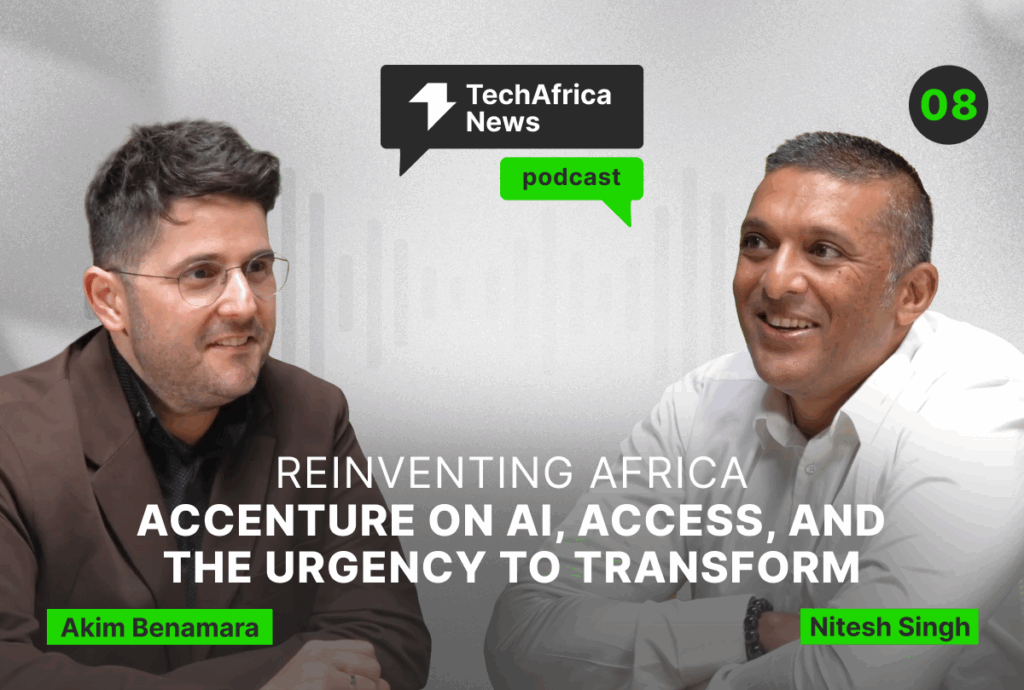Egypt Launches Second National AI Strategy, Anchoring Its Position as a Regional Digital Leader
Unveiled alongside a series of major public-private initiatives, the renewed strategy positions Egypt as a rising strategic hub for AI innovation—linking Africa, the Arab world, and global technology ecosystems.

The Egyptian Ministry of Communications and Information Technology (MCIT) , under the leadership of Minister Amr Talaat, has launched the Second Edition of Egypt’s National Artificial Intelligence (AI) Strategy (2025–2030). The strategy marks a pivotal advancement in Egypt’s digital transformation ambitions, setting the country on course to become a strategic AI hub for Africa, the Arab world, and international tech ecosystems.
A Comprehensive National AI Roadmap
The updated strategy outlines a multi-dimensional framework built around six strategic pillars: Governance, Technology, Data, Infrastructure, Ecosystem, and Talent. These foundational elements are designed to ensure the ethical and impactful deployment of AI across key sectors, including healthcare, education, agriculture, and public service.
National targets by 2030 include:
-
Raising ICT’s contribution to GDP to 7.7%
-
Establishing 250+ AI-driven startups
-
Training over 30,000 AI specialists across multiple domains
In parallel, the government has committed to developing clear regulatory standards and robust data governance frameworks, ensuring AI adoption is both secure and inclusive.
Strategic Global Partnerships and Investments
The launch coincides with a wave of public-private collaborations reinforcing Egypt’s rising profile in the global AI economy.
Capgemini , the French multinational technology firm, announced the establishment of an AI Center of Excellence in Cairo, aimed at scaling generative and agentic AI solutions for global markets. The company intends to double its Egyptian workforce to over 1,200 employees by the end of 2025, a move expected to boost Egypt’s capacity to export advanced digital services.
Meanwhile, Microsoft has formalized a national partnership with the government, pledging to train and certify 100,000 individuals—including youth and civil servants—in artificial intelligence technologies. The program is already underway and supports broader national goals for talent development and digital capacity building.
Egypt’s Emergence as an AI Powerhouse
With a coherent national vision, cross-sector partnerships, and increasing international investment, Egypt is actively positioning itself as a cost-effective and talent-rich hub for AI innovation. These developments reflect a strategic shift from participation in AI discourse to shaping and accelerating it at a regional level.
Minister Amr Talaat emphasized that the strategy is not just a policy document, but a blueprint for action. As the global race for AI supremacy accelerates, Egypt’s commitment to infrastructure, education, and regulatory readiness signals its intent to lead the next wave of digital transformation across the MENA region and beyond.






